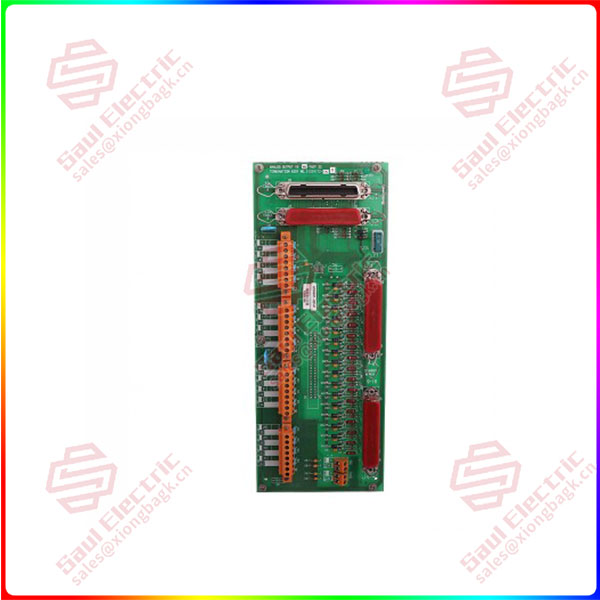Haier (Hefei, China) : The rise of China’s new middle class and increasing consumer spending power are driving the upgrade of split air conditioning (AC) systems to central air-conditioning systems, which also have higher requirements for quality and energy efficiency. Haier’s Hefei Air conditioning plant has introduced cutting-edge technologies such as advanced algorithms, digital twins, and knowledge graphs in the research and development (R&D), production, and testing of household central air conditioning systems, resulting in a 33% increase in energy efficiency, a 58% decrease in defect rates, a 49% increase in labor productivity, and a 22% reduction in unit manufacturing costs.
Hengtong Fiber Technology (Suzhou, China) : Faced with higher cost pressures and international market expectations for quality and green production, Hengtong Alpha has accelerated the large-scale application of advanced analytical technology, machine vision and artificial intelligence technology, deploying a total of 27 advanced use cases covering the entire production process. After effective implementation, the unit manufacturing cost was reduced by 21%, the defect rate was reduced by 52%, and the unit energy consumption was reduced by 33%.
Hongbai Technology (Taoyuan, Taiwan, China) : The rapid development of the basic model of artificial intelligence not only leads to the explosive growth of the demand for computing power, but also puts forward higher requirements for the efficiency, quality and iteration speed of artificial intelligence servers. By deploying AI use cases in the areas of order forecasting, warehousing and production scheduling, product design, quality and assembly testing, Foxconn Industrial Internet’s Taiwan plant achieved a 73 percent increase in production efficiency, a 97 percent reduction in product defects and a 21 percent reduction in lead times. And a 39% reduction in unit manufacturing costs.
LONGi (Jiaxing, China) : Driven by cost reduction and improved Solar module lead times, LONGi Solar’s Jiaxing base has deployed more than 30 Fourth Industrial Revolution use cases and leveraged artificial intelligence and advanced analytics to improve manufacturing operations. In one year, unit manufacturing costs at the site were reduced by 28 percent, production losses by 43 percent, production lead times by 84 percent, and energy consumption by 20 percent.

MC-TAOY22
Mondelez International (Beijing) : Mondelz Beijing has deployed 38 Fourth Industrial Revolution use cases to meet the sustainability goals of Mondelez International and the city of Beijing, while meeting Mondelez’s growth ambitions and responding to operating cost pressures caused by a 6% year-on-year increase in labor costs, including a dough production lights-out workshop powered by artificial intelligence. And optimize gas consumption through machine learning. As a result, Beijing Mondelez’s net income increased by 28 percent and labor productivity increased by 53 percent, while reducing greenhouse gas emissions by 24 percent and food waste by 29 percent.
New China end-to-end lighthouse
End-to-End (E2E) Value Chain Lighthouses
Haier (Qingdao, China) : In an effort to remain an industry leader on costs and address unprofessional and untimely service issues common in the home appliance industry, Haier has deployed 136 Fourth Industrial Revolution use cases to save procurement costs, increase productivity and improve service quality. These use cases employ technologies including 5.5G, advanced algorithms, and ready-to-use digital twins. This resulted in a 32 percent optimization of product costs, a 36 percent increase in labor productivity, and an 85 percent reduction in service complaints.
Johnson & Johnson (Xi ‘an, China) : To increase agility and responsiveness, raise quality standards and enhance competitiveness, Johnson & Johnson in Xi ‘an replaced its existing manual facilities in 2019 with a new plant driven by the Fourth Industrial Revolution. The plant incorporates digital twin technology for technology transfer and material handling, and enables continuous process verification (CPV) as well as intelligent automation of batch execution processes. This resulted in a 64 percent reduction in product transfer time and a 60 percent reduction in nonconforming products during plant relocation, while increasing productivity by 40 percent, reducing operating costs by 24 percent and reducing greenhouse gas emissions by 26 percent.
Kenvue (Shanghai, China) : To keep up with e-commerce, meet demand fluctuations driven by faster time-to-market and increased cost competitiveness, Kenvue Shanghai has deployed more than 25 Fourth Industrial Revolution use cases across its end-to-end supply chain, leveraging technologies such as social media big data analytics, digital twins, additive manufacturing and machine learning. As a result, the lead time for new product launches has been reduced by 50%, the prediction accuracy has been improved by 1.3 times, and the on-time delivery rate within 48 hours has reached 99.8%. As a result, the volume of e-commerce business doubled, from 30% to 60% of the overall business.
 1 Year Warranty
1 Year Warranty




